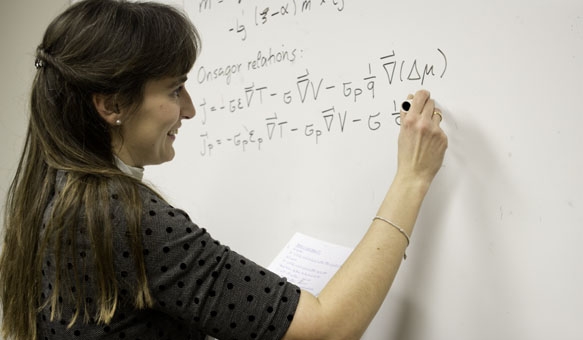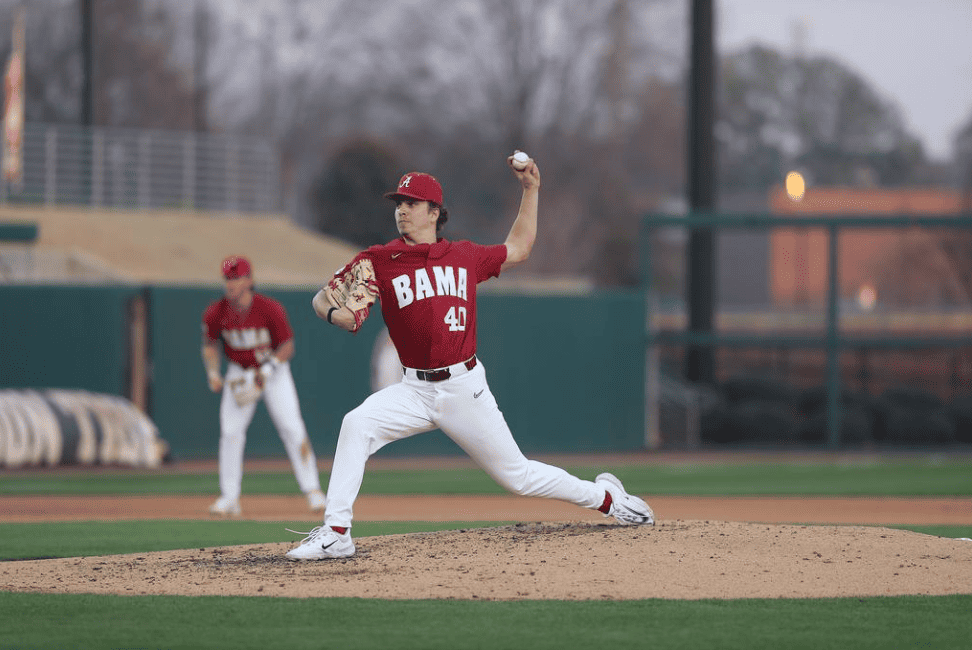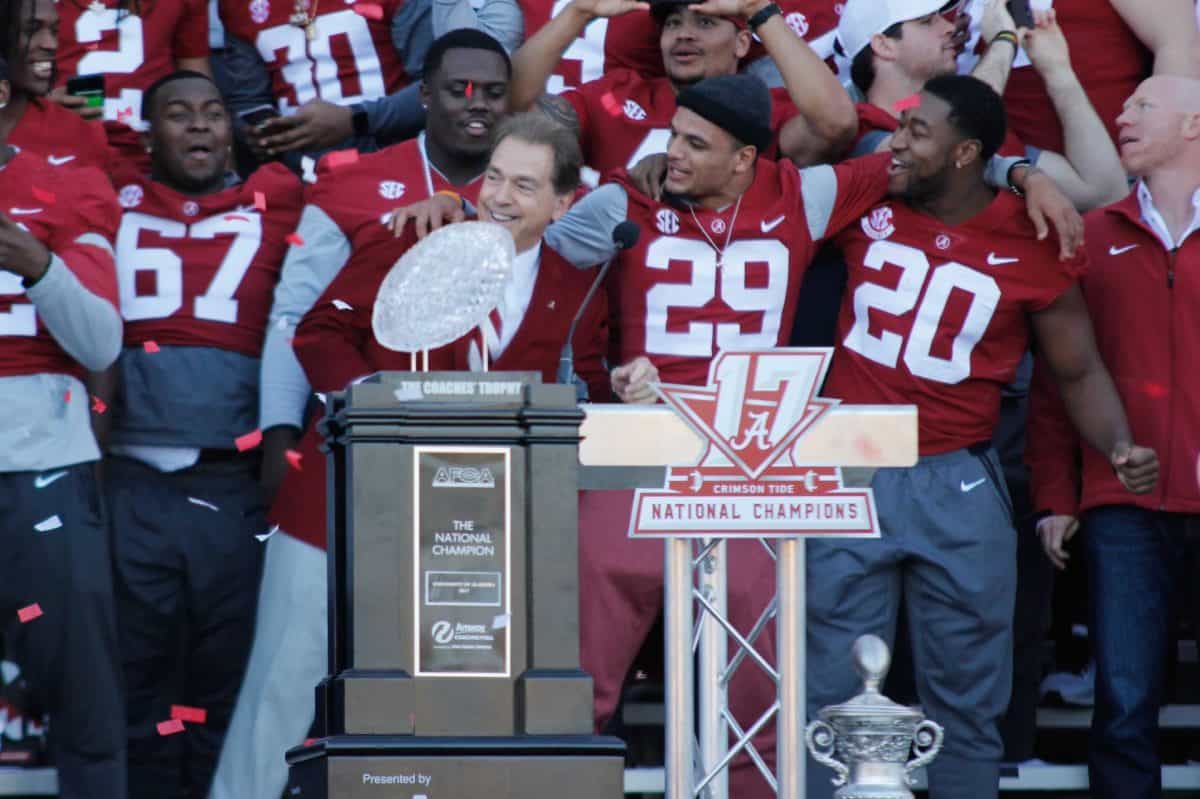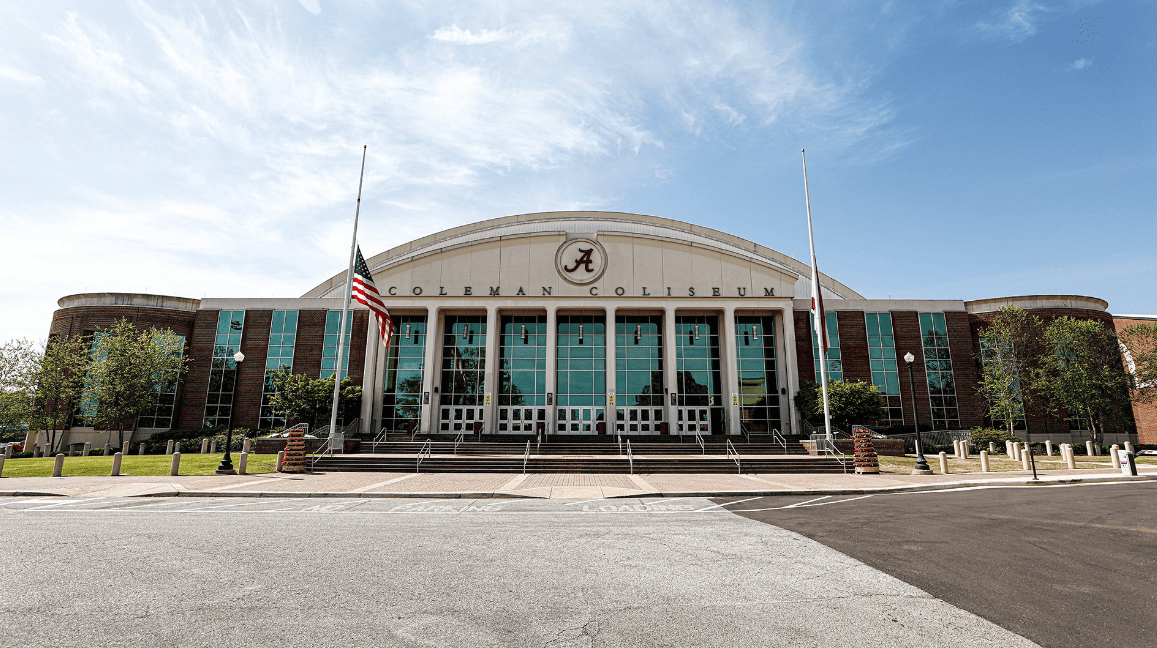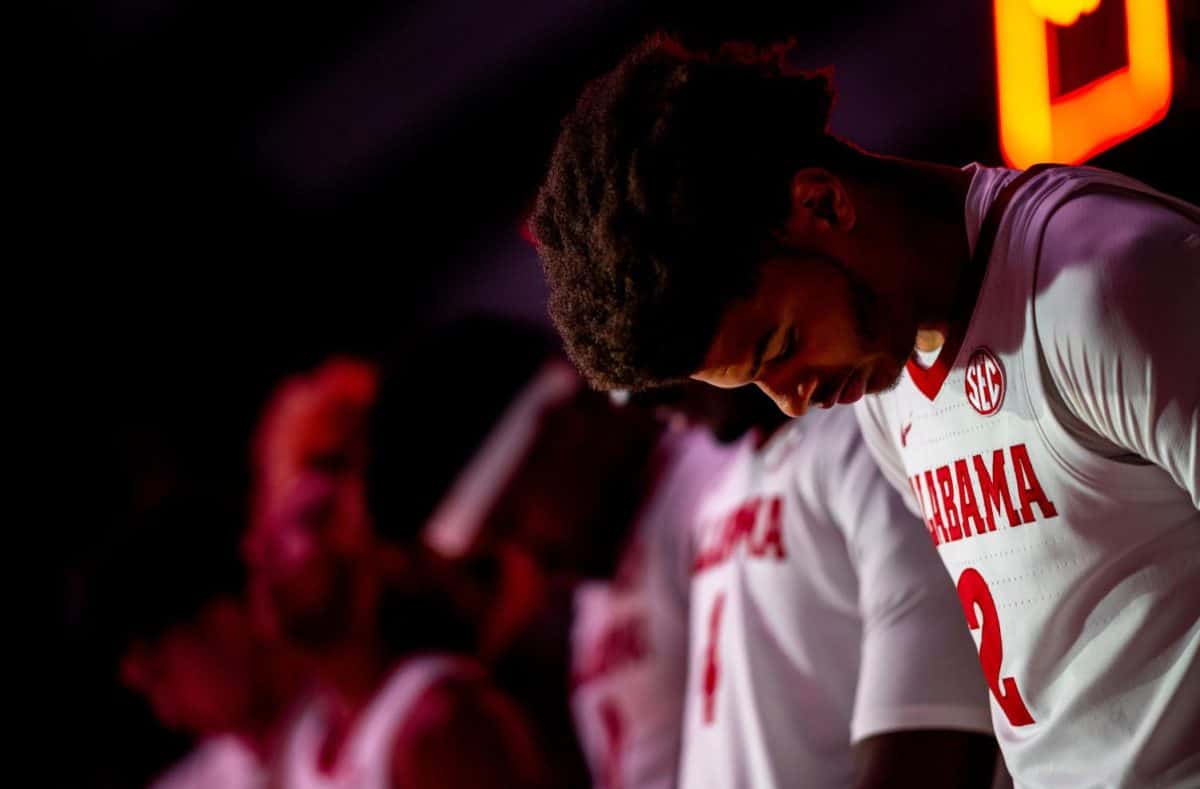These electrons do not always work to save information quickly, and when they do, the work saved is not always reliable. Claudia Mewes, an assistant professor in the department of astronomy and physics and the UA Center for Materials for Information Technology, is investigating a way to create fast-writing and reliable storage devices.
“What we are trying to do [with the research] is to think about new devices – for example, a memory device which is much faster, much more energy efficient, much smaller and can store much more information than conventional devices by using charge plus electron spin,” she said.
Spin refers to a quantum-mechanical property of the electron, the subatomic particle typically associated with electronic devices. After submitting this information in a proposal to the National Science Foundation last summer, Mewes was awarded the CAREER Award to continue her research. The $500,000 grant will begin in early March, Mewes said.
Mewes’ research focuses on the static and magnetization properties of devices and ways to make the new spintronics technology applicable to devices like cellphones. This involves understanding how to apply the spintronics research to the new devices, as the properties aren’t easily scaled down from one size of device to another, she said.
“I hope I can solve some of the problems on the fundamental basis, understanding how and why materials change and why the magnetization dynamics of these materials change in an extremely small devices,” she said. “I hope I can resolve that problem so that then a lot of different areas in spintronics will benefit.”
Andrew Tuggle, a third-year student in the physics doctoral program, started working with Mewes during his undergraduate studies in 2010, the same year Mewes became a faculty member. He continue the research through his graduate studies, where he now concentrates on hard drive technologies.
“Two aspects of spintronics seem ripe for advances,” he said. “First, magnetism is awkward at the nano scale. Our intuition, even when well-honed, doesn’t always remain trustworthy as devices shrink. We’ll need simulations to more carefully predict the behavior of nanomagnets. I expect that simulation will both prevent wild goose chases and inspire creative solutions that we wouldn’t otherwise imagine.”
The second aspect includes the importance of temperature and mechanical strains and electric potential, which, in accordance with the research in charge and spin, could fuel emerging models in quantum and neural computing, Tuggle said.
Spintronics research is both international and interdisciplinary, and working in an area that directly affects products currently for sale in stores like Wal-Mart and Best Buy makes the research even more interesting, Tuggle said. He said he has also been impressed with Mewes’ ability to obtain high-quality results in the ever-changing technological field.
“I think [Mewes] would agree that the MINT Center fosters exactly that attitude by facilitating collaboration with scholars, both eminent and emerging, with a wide range of expertise,” he said.
Mewes said the MINT Center has indeed been instrumental in her research and she appreciates being in an environment where she can bounce different theories off of the brains of other scientists nearby.
“If [the theory] does not work or if there are discrepancies, I can go back and refine the theory,” she said. “So there is really a very fast feedback loop between theory and experiment, which is, without being in a research center, a much longer process.”

